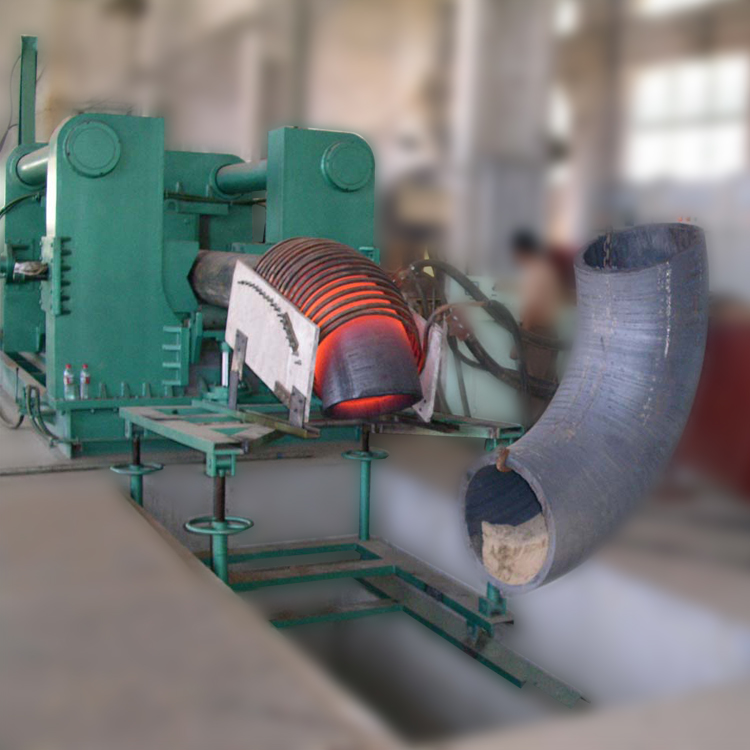Choosing the right elbow machine is crucial for all kinds of industrial and production fields. A properly selected elbow machine can improve production efficiency, reduce production costs, and ensure product quality and accuracy. Before choosing a bend machine, you need to consider a number of aspects, including work requirements, material type, production scale, equipment performance and quality, price and after-sales service. Here are some key factors for choosing a bend machine.
1. Working requirements: First of all, it is necessary to clarify the working requirements, including the required pipe diameter range, bending Angle, pipe material and wall thickness. This will help determine how large the elbow machine and other additional features are needed.
2. Elbow machine type: Different types of elbow machines can be selected according to the type and specifications of the pipe that needs to be bent. Common elbow machines include manual elbow machines, hydraulic elbow machines and electric elbow machines. Manual elbow machines are suitable for small scale bending operations, while hydraulic and electric elbow machines are suitable for larger and more complex operations.
3. Elbow machine performance: The performance of elbow machine directly affects the production efficiency and product quality. The key performance indexes include bending speed, bending Angle control accuracy, bending force and rigidity. Select the appropriate performance indicators according to the requirements of the job.
4. Elbow machine quality and reliability: It is very important to choose a reliable quality elbow machine, which can reduce the number of failures and maintenance, and extend the service life of the equipment. To choose reputable and experienced products, and understand their quality control and after-sales service.
5. Price and cost: The price of elbow machine varies according to its performance and specifications. In the selection of the need to balance price and performance, to ensure that the availability of relatively high equipment at the same time, but also need to consider the equipment operating costs, maintenance costs and energy consumption.

6. After-sales service and support: It is very important to choose suppliers that provide good after-sales service and support. This includes equipment installation, training, maintenance and technical support. Ensure that suppliers are able to solve equipment failures and problems in a timely manner, and provide necessary spare parts and repair services.
To sum up, choosing the right elbow machine needs to consider a number of factors, including work requirements, equipment type, performance, quality, price and after-sales service. The final choice should be based on the specific needs and budget, but also need to consider the reliability and sustainability of the equipment. It is recommended to conduct sufficient market research and technical consultation before choosing to ensure that an informed decision is made.
For more knowledge about elbow machine, please pay attention to our website: http://www.fitting-equipment.com
|